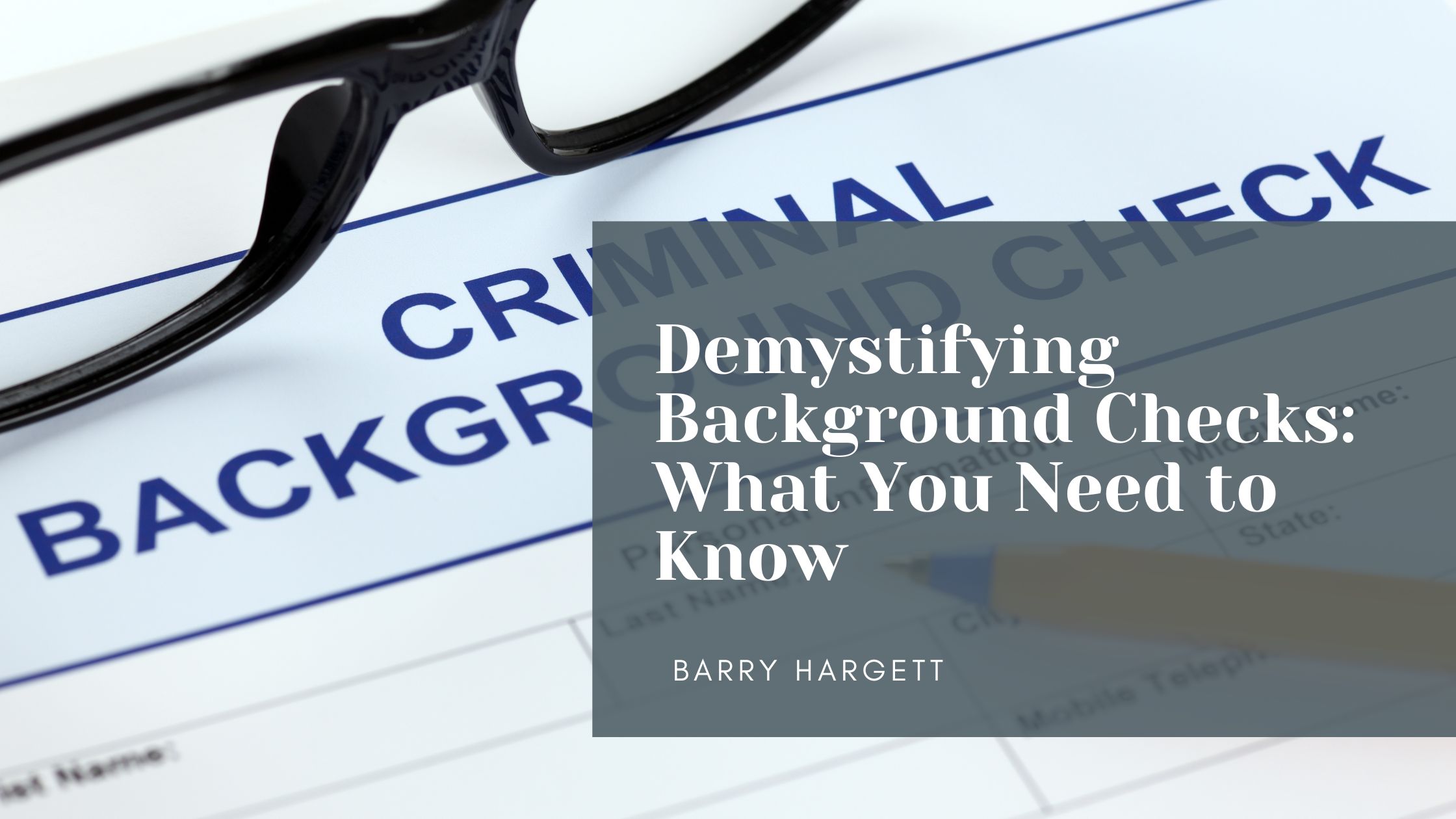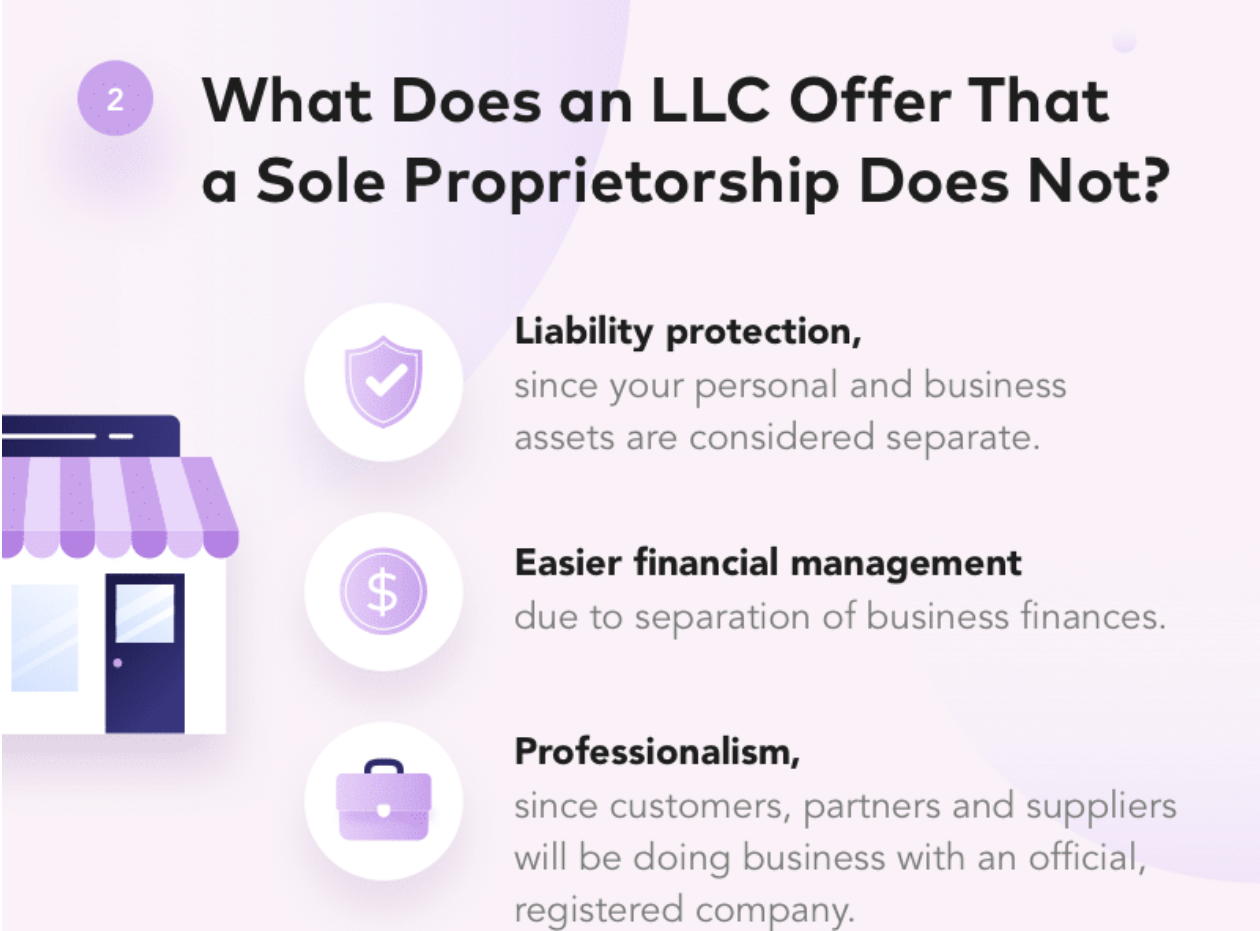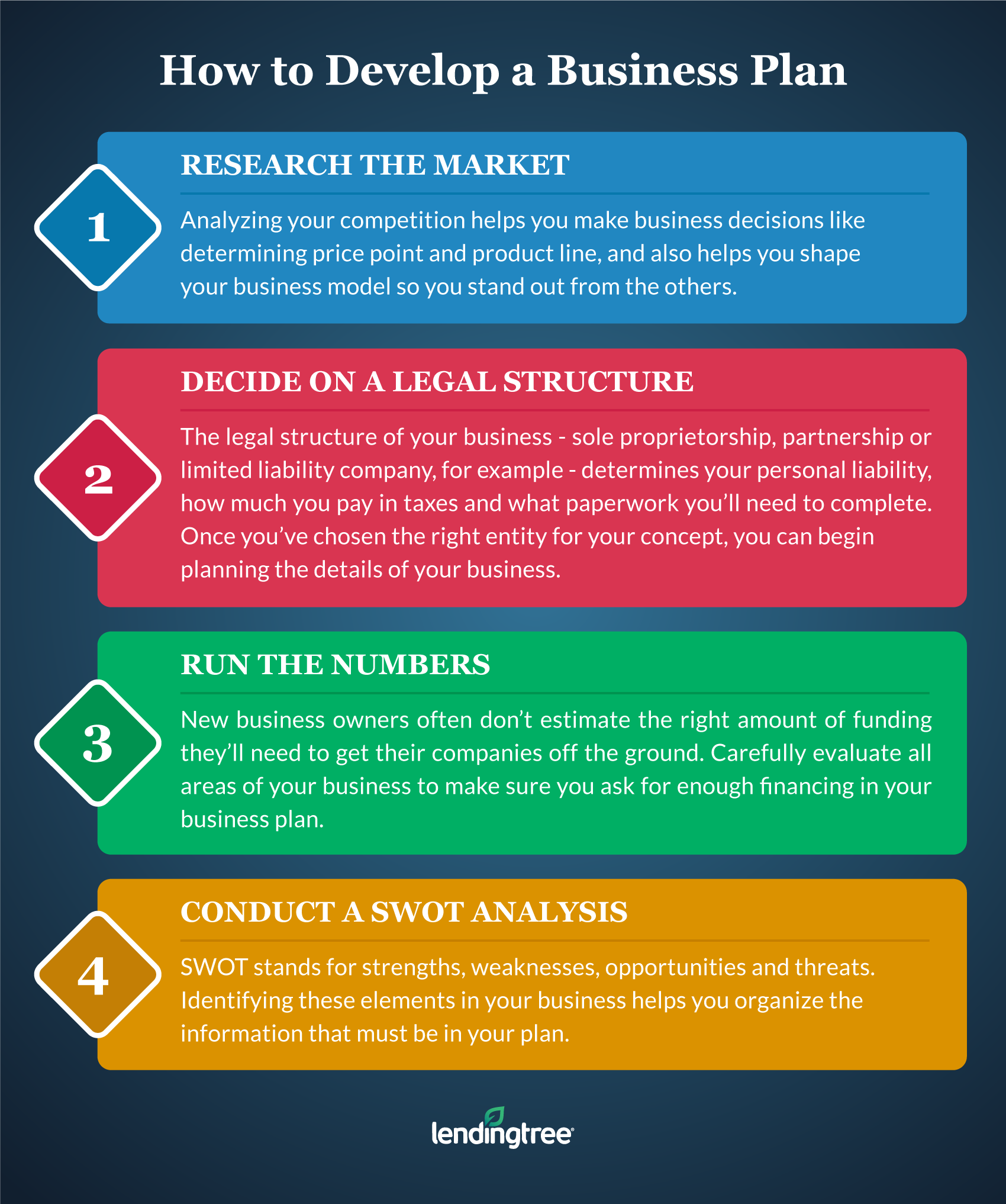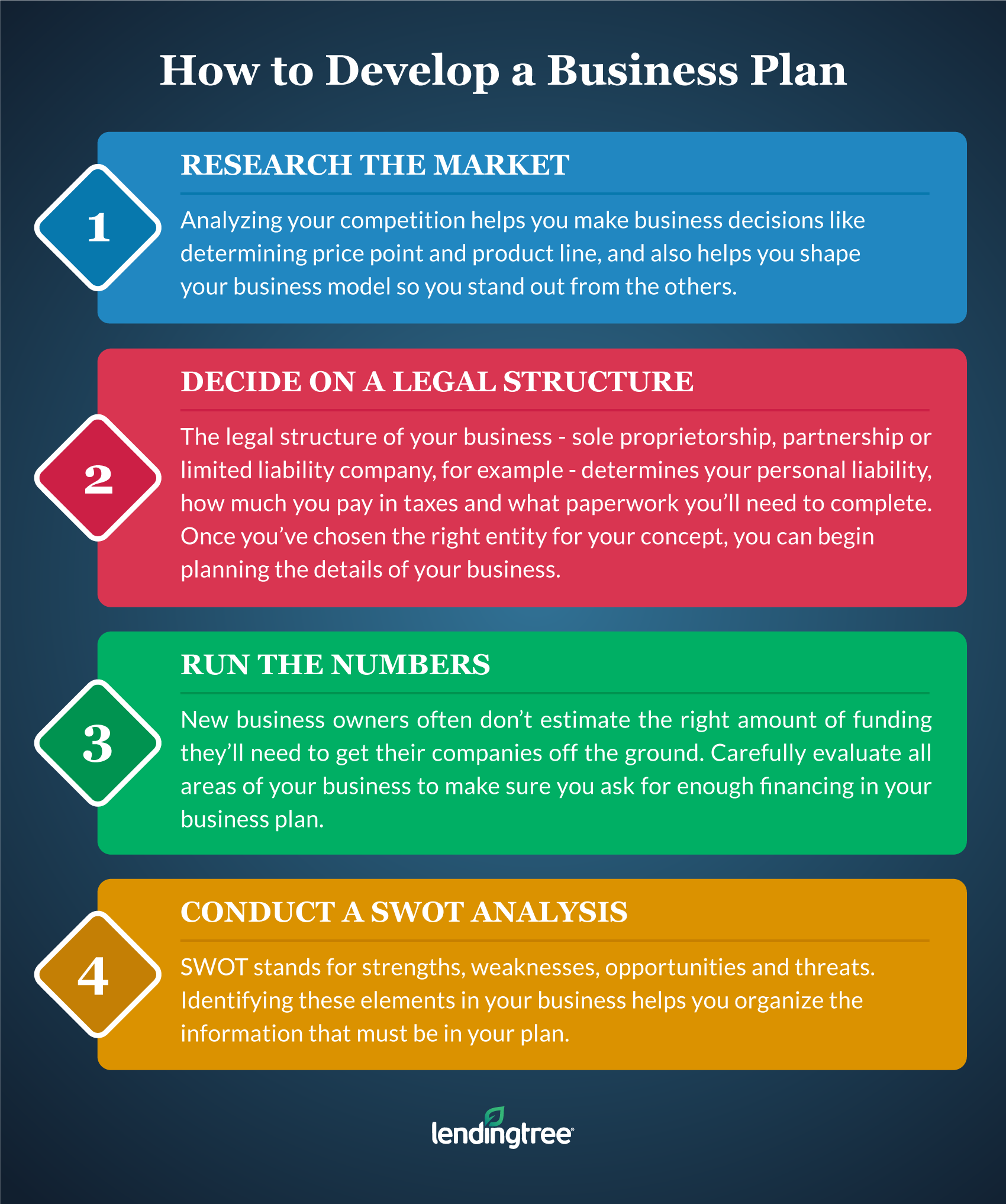
Background Checks: The Ultimate Guide to What You Need to Know
In today’s interconnected world, the phrase "background check" pops up everywhere – when applying for a new job, renting an apartment, volunteering, or even just for peace of mind. But what exactly are they, what do they reveal, and what are your rights?
If you’re new to the concept or just want to understand the ins and outs, you’ve come to the right place. This comprehensive guide will demystify background checks, making them easy to understand for everyone.
What Exactly Is a Background Check?
At its core, a background check is a process of investigating a person’s history to verify their identity and past activities. It’s like gathering pieces of a puzzle to get a fuller picture of who someone is, often used to assess trustworthiness, reliability, and potential risks.
Think of it as a historical deep dive. This process typically involves looking at public records, commercial databases, and sometimes even direct outreach to previous employers or educational institutions. The specific information sought depends entirely on the purpose of the check.
Why Are Background Checks Done? Common Scenarios
Background checks aren’t just for high-stakes security jobs. They’re a common and often mandatory part of many everyday processes. Here are the most frequent reasons:
- Employment: This is arguably the most common use. Employers conduct background checks to:
- Verify resume information (education, previous employment).
- Assess a candidate’s character and reliability.
- Ensure workplace safety for employees and customers.
- Comply with industry regulations (e.g., in finance, healthcare, transportation).
- Rental Applications: Landlords use background checks to:
- Evaluate a prospective tenant’s financial responsibility (via credit checks).
- Check for a history of evictions or criminal behavior.
- Ensure the safety and well-being of other tenants and the property.
- Volunteer Positions: Especially roles involving vulnerable populations (children, the elderly), organizations use checks to:
- Protect those they serve.
- Maintain their reputation and trust within the community.
- Professional Licensing: Many professions (doctors, nurses, lawyers, teachers) require background checks to ensure:
- Applicants meet ethical and legal standards.
- Public safety is upheld.
- Financial Transactions: Banks or lenders might run checks for:
- Large loans (mortgages, business loans).
- Assess creditworthiness and risk.
- Personal Reasons: While less common and often legally restricted, individuals sometimes seek background checks for:
- Nanny or caregiver vetting.
- Pre-marital checks (though often raises privacy concerns).
- Important Note: Always be aware of legal restrictions and privacy laws when conducting personal background checks.
What Information Can a Background Check Reveal?
The type and depth of information uncovered during a background check can vary significantly. Here’s a breakdown of common categories:
-
1. Criminal History:
- Felonies and Misdemeanors: Records of convictions, arrests, and sometimes pending charges.
- Sex Offender Registries: Checks against national and state databases.
- Wants & Warrants: Information about outstanding warrants.
- Note: Not all arrests lead to convictions, and some old records might be expunged or sealed.
-
2. Employment History Verification:
- Previous Employers: Confirmation of companies worked for, job titles, dates of employment, and sometimes reasons for leaving.
- Reference Checks: Contacting provided references to gain insight into work ethic and character.
-
3. Education Verification:
- Degrees and Certifications: Confirmation of earned degrees, institutions attended, and dates of attendance.
- Professional Licenses: Verification that claimed licenses are active and in good standing.
-
4. Credit History:
- Credit Report: Provides details on borrowing history, debt, payment patterns, bankruptcies, and collection accounts.
- Important for Employment: Employers typically receive a "soft" credit report that doesn’t show your actual credit score. They’re looking for financial responsibility, not just a high score.
- Important for Rentals: Landlords often use a full credit report to assess a tenant’s ability to pay rent on time.
-
5. Driving Records (Motor Vehicle Records – MVR):
- Driving History: Details about traffic violations, accidents, license status, and DUIs.
- Common for jobs requiring driving (e.g., delivery drivers, sales roles).
-
6. Social Security Number (SSN) Verification:
- Confirms the SSN is valid and matches the applicant’s name and date of birth.
- Helps uncover aliases or potential identity theft.
-
7. Drug Testing:
- While not strictly a "background check" in the traditional sense, it’s often a pre-employment screening component to detect illegal drug use.
-
8. Social Media & Online Presence:
- Some companies may review public social media profiles to assess professional conduct, consistency of information, and potential red flags.
- Legal lines can be blurry here; employers must be careful not to discriminate based on protected characteristics observed online.
Your Rights and the Law: The Fair Credit Reporting Act (FCRA)
When it comes to background checks, especially those done for employment, your rights are largely protected by federal law, primarily the Fair Credit Reporting Act (FCRA). This act regulates how consumer reporting agencies (CRAs – the companies that conduct background checks) collect, use, and disseminate your information.
Key Protections Under the FCRA:
-
Consent is Key:
- Before an employer can conduct a background check on you using a CRA, they must get your written permission.
- This permission is usually obtained via a separate disclosure form, not just part of the job application.
-
Disclosure of Intent:
- The employer must clearly disclose that they intend to obtain a consumer report (background check) for employment purposes.
-
Right to a Copy of Your Report:
- If an employer uses information from a background check to make an adverse decision (e.g., not hiring you, not promoting you), they must provide you with a copy of the report and a written summary of your rights under the FCRA. This is called a Pre-Adverse Action Notice.
-
Right to Dispute Inaccurate Information:
- If you believe the information in your background check report is inaccurate or incomplete, you have the right to dispute it with the CRA. They must investigate and correct any errors promptly.
- After the investigation, if the adverse decision still stands, the employer must provide a final Adverse Action Notice.
-
Restrictions on Old Information:
- For most jobs, the FCRA prohibits reporting non-conviction arrest records older than seven years.
- Bankruptcies older than 10 years and most other adverse information (like paid tax liens, civil judgments) older than seven years generally cannot be reported.
- Note: These time limits generally do not apply to criminal convictions, or to jobs with an annual salary of $75,000 or more.
-
State Laws May Offer More Protection:
- Many states have their own laws that provide additional protections for individuals regarding background checks, sometimes stricter than the FCRA. For example, "Ban the Box" laws restrict when employers can ask about criminal history during the hiring process.
The Background Check Process: Step-by-Step
Understanding the typical steps involved can help alleviate anxiety:
- Consent Request: The potential employer or landlord will provide you with a disclosure and obtain your written authorization to conduct a background check.
- Information Provided: You’ll typically fill out a form providing your full name, SSN, date of birth, current and previous addresses, and sometimes past employment or education details.
- Screening Company (CRA) Engaged: The requesting party sends your information to a specialized background check company.
- Data Collection: The CRA begins gathering data from various sources (public records, court databases, credit bureaus, educational institutions, previous employers).
- Report Compilation: All collected information is compiled into a comprehensive report.
- Report Delivery: The report is sent to the requesting party (employer, landlord, etc.).
- Decision Making: The requesting party reviews the report and makes a decision based on their criteria, keeping FCRA guidelines in mind if applicable.
- Adverse Action (If Applicable): If negative information leads to an adverse decision, you receive pre-adverse and adverse action notices, along with a copy of the report and your rights.
How Long Do Background Checks Take?
The duration of a background check can vary significantly, ranging from a few hours to several weeks. Factors influencing the timeline include:
- Type of Check: A basic criminal history check might be quick, while extensive employment and education verification can take longer.
- Thoroughness: A check involving multiple states or counties, or requiring manual record retrieval, will take more time.
- Jurisdiction Responsiveness: Some county courthouses or educational institutions are slower to respond to information requests than others.
- Information Accuracy: Discrepancies or missing information can cause delays as the CRA tries to verify details.
- Weekend/Holiday Closures: These can extend the process.
General Timelines:
- Basic Check (SSN, National Criminal Database): 1-3 business days
- Comprehensive Check (Criminal, Employment, Education, Driving): 3-7 business days
- Very Thorough/Complex Check: 1-3 weeks (or even longer in rare cases)
Common Myths and Misconceptions About Background Checks
Let’s clear up some common misunderstandings:
- Myth: "Instant" background checks are always accurate.
- Reality: While some preliminary database checks can be fast, truly comprehensive and accurate checks require time to access primary sources (like court records), which aren’t always instant. Relying solely on "instant" checks can lead to incomplete or outdated information.
- Myth: Employers can see my credit score.
- Reality: For employment purposes, employers typically receive a modified credit report that shows financial responsibility (debt, payment history) but not your actual FICO credit score.
- Myth: Only criminal history matters.
- Reality: While criminal history is a major component, employers and landlords also heavily weigh employment history, education, and creditworthiness.
- Myth: Once something is on my record, it’s there forever.
- Reality: Depending on the type of information and state laws, some records (especially arrests without conviction, or very old minor offenses) can be expunged or sealed, making them generally inaccessible to background checks. FCRA also has time limits for reporting certain negative information.
- Myth: Employers can check anything they want.
- Reality: No. Employers are restricted by laws like the FCRA and state-specific regulations. They cannot generally access medical records, private social media posts, or information that would lead to discrimination based on protected characteristics.
Tips for Navigating a Background Check
Being prepared and understanding your rights can make the process smoother:
- Be Honest: Provide accurate information on your application and during interviews. Inconsistencies will likely be uncovered and can be a reason for disqualification.
- Know Your Rights: Familiarize yourself with the FCRA and any relevant state laws. Knowing what information can and cannot be checked, and your right to consent and dispute, is powerful.
- Review Your Own Records: Consider running a background check on yourself. Many services offer this, or you can request free copies of your credit report annually. This allows you to identify and correct any errors proactively.
- Correct Inaccuracies: If you find errors on your report, dispute them with the CRA immediately. They are legally obligated to investigate.
- Explain Discrepancies (if needed): If there’s something on your record that might raise a red flag (e.g., an old minor conviction, a period of unemployment), be prepared to address it honestly and professionally, focusing on what you’ve learned or how you’ve grown.
- Communicate: If the process seems to be taking an unusually long time, it’s okay to politely inquire about the status.
Conclusion
Background checks are a fundamental tool in modern society, designed to foster trust, ensure safety, and mitigate risks across various sectors. While they can feel intrusive, understanding their purpose, what they reveal, and crucially, your rights under laws like the FCRA, empowers you in the process.
By being informed, transparent, and proactive, you can navigate background checks with confidence, ensuring that your true, positive history is accurately represented.




Post Comment